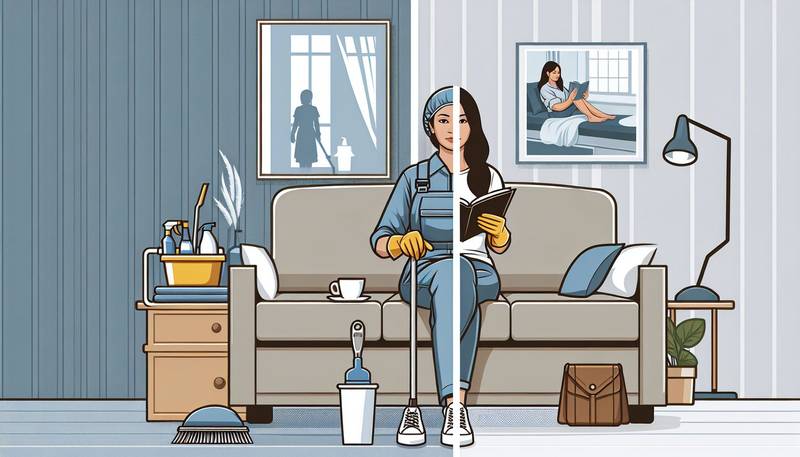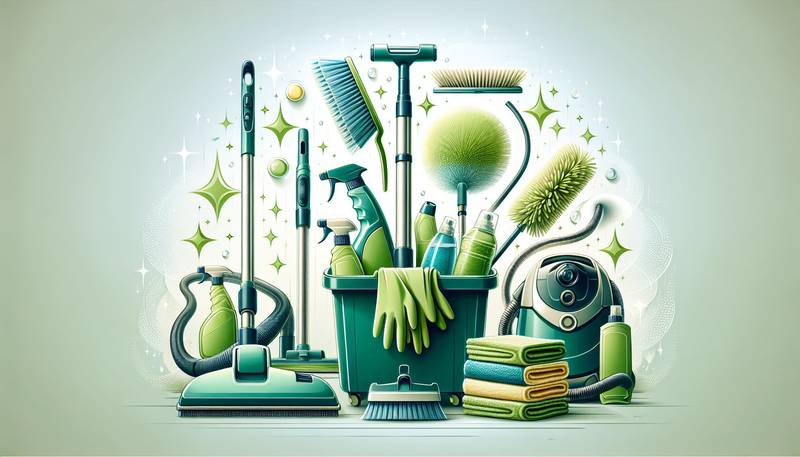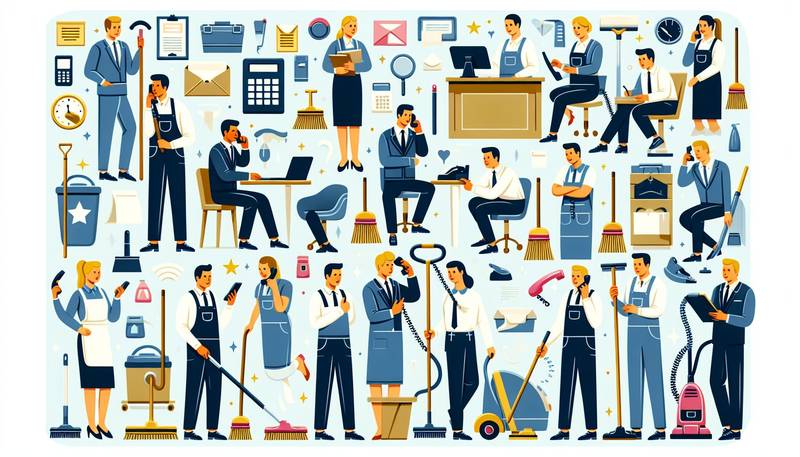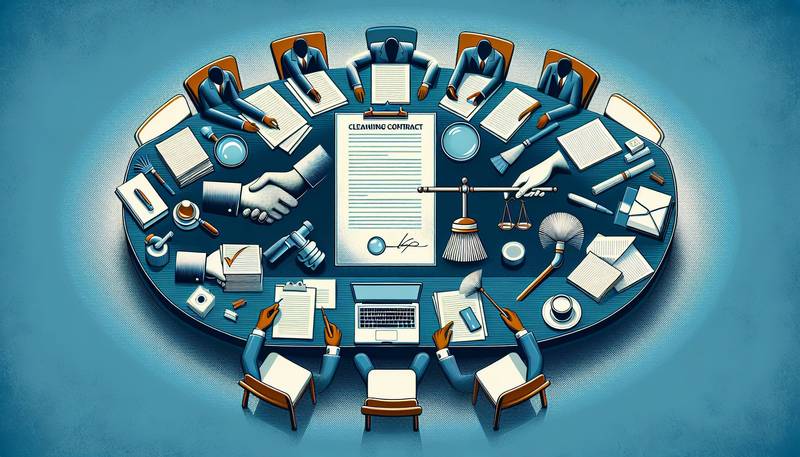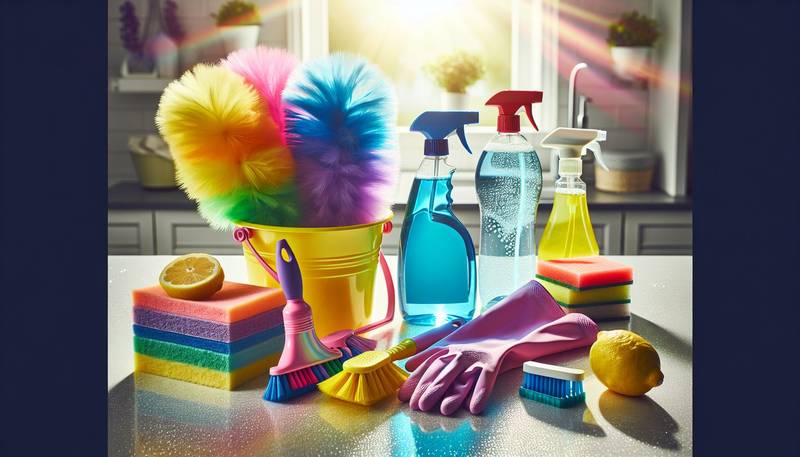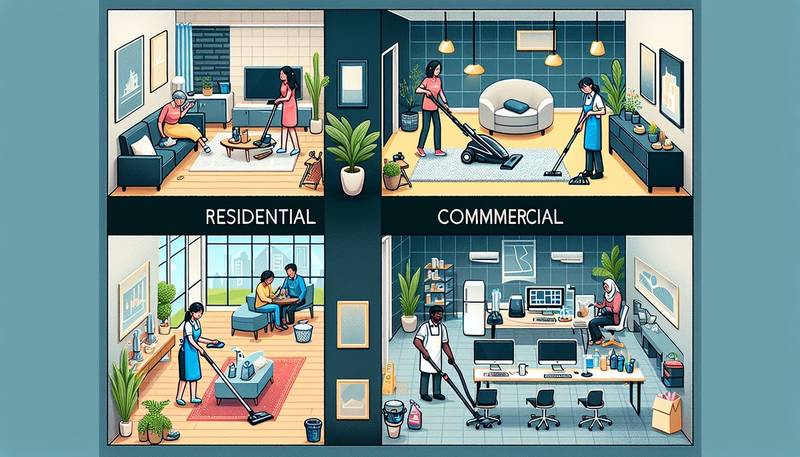The Financials of Cleaning Jobs: Understanding Earnings, Benefits, and Opportunities
However, the financial aspects of cleaning jobs are often overlooked or underestimated. Understanding the earnings, benefits, and opportunities in this field is essential for both job seekers and employers.
Earnings in Cleaning Jobs
The earnings in cleaning jobs can vary significantly depending on factors such as the type of job, level of experience, location, and employer. Entry-level cleaners may start at minimum wage or slightly above, while experienced cleaners or those with specialized skills can earn higher wages. For example, cleaning managers or supervisors typically earn more than frontline cleaners due to their additional responsibilities and leadership roles.
In the residential cleaning sector, cleaners may be paid hourly or per job. Hourly rates can range from $10 to $25 or more, depending on the complexity of the job and the local market. Some cleaning companies also offer bonuses or incentives for exceptional performance or customer satisfaction. Freelance cleaners have more flexibility in setting their rates, but they may also have to deal with fluctuations in demand and competition from other cleaners.
In the commercial and industrial cleaning sectors, wages are generally higher due to the specialized nature of the work and the higher standards of cleanliness required. Cleaners who work in healthcare facilities, laboratories, or cleanrooms, for example, may earn above-average wages to account for the additional training and certifications needed to perform the job safely and effectively.
Benefits in Cleaning Jobs
In addition to competitive wages, cleaning jobs may also offer benefits such as health insurance, paid time off, retirement savings plans, and professional development opportunities. Some employers provide uniforms, tools, and cleaning supplies to their employees, reducing out-of-pocket expenses for cleaners. Training programs and certification courses may also be available to help cleaners improve their skills and advance their careers.
Health and safety are major concerns in the cleaning industry, given the exposure to cleaning chemicals, allergens, and infectious agents. Employers are required to provide proper training, personal protective equipment, and safety protocols to protect cleaners from workplace hazards. Workers' compensation insurance is also essential to cover medical expenses and lost wages in case of work-related injuries or illnesses.
Opportunities in Cleaning Jobs
Cleaning jobs offer a wide range of opportunities for career growth and advancement. Experienced cleaners can become supervisors, managers, or trainers, overseeing teams of cleaners and ensuring quality control. Specializing in niche areas such as carpet cleaning, window washing, or biohazard cleanup can also lead to higher-paying jobs and increased demand for services.
Entrepreneurial cleaners may choose to start their cleaning businesses, allowing them to set their rates, choose their clients, and expand their services. Franchise opportunities are also available for cleaners who want to benefit from a proven business model and marketing support. Networking with other professionals in the cleaning industry, joining trade associations, and staying current on industry trends can help cleaners stay competitive and seize new opportunities in the market.
In conclusion, cleaning jobs offer a stable income, valuable benefits, and numerous opportunities for career growth and advancement. By understanding the financial aspects of cleaning jobs and taking advantage of available resources, cleaners can build successful and rewarding careers in this essential industry.


